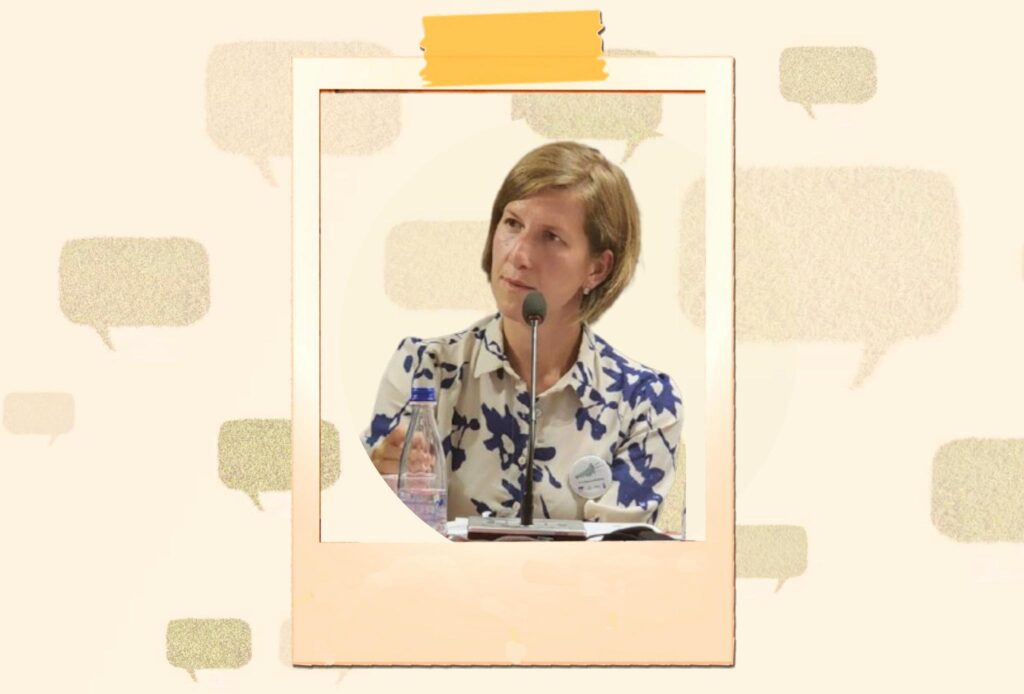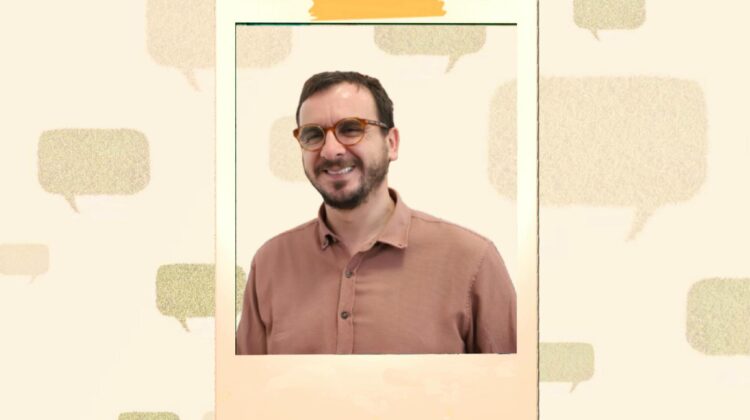A story of a missing memory

by Shenaj Belegu
Civil society activist
My personal history is inseparable from the history of the events that reshaped Kosovo and the Balkans, in the 1990s. The inability to escape one’s childhood circumstances is a cruel reality in the world, and as a child of the 1990s, my early life was shaped by increased violence, political instability, and immense ethnic and social fractures. Today, as a researcher working on the issue of missing persons from that time, I look at the continuing processes of coming to terms with its past in Kosovo, which remains critical to both personal and national healing.
In an academic sense, the idea of “dealing with the past” makes its way into the world not only as the legal frameworks set up by international institutions like the (ICTY) and local truth commissions, etc. It is an investment in the continuing engagement with the historical, psychological, and socio-political aspects of trauma, memory, and justice.
The particularities of Kosovo’s post-conflict setting, marked by divisions, struggles over historical accounts, and endemic ethnic competition, contribute to this context being process-oriented and highly controversial at the same time. The issue of missing persons is indicative of the deeper difficulty in reckoning with Kosovo’s past. The violent disappearance of the individuals is a deeply personal tragedy for their families; a missing piece of history of this era. From my perspective, this absence shows the inadequacy of traditional historical methodologies and legal frameworks in relation to addressing the lived experiences of those impacted by conflict.
The quest to find the missing is not merely a forensic investigation or legal redress but is intimately tied to the wider quest for truth and justice.
It is likely that in most cases of conflict crime, the individuals or groups who may be involved in one way or another also possess vital information on the whereabouts of mass graves, which are the hiding places of missing persons, but for some reason, they choose to conceal this information. This silence, which can be about fear or guilt or the desire to shield oneself or one’s groups from self-blame allows for families seeking knowing the whereabouts or the remains of their loved ones in the case of some disappearance to still go through the pain. It may sound harsh, but by suppressing the facts, they cause even more suffering and extend the wait for the justice of the families of missing persons…
The issue of missing persons remains in an unfinished state that highlights the gap between official justice processes and the lived experience of people in post-conflict settings. When these sites are located, the overlap between personal memory and collective one can be contested, especially in places like North Mitrovica where ethnic, political, and social divisions are still deeply seeded. The lack of interaction between communities, the maintenance of different narratives, and the ongoing politicization of history make it more difficult for genuine reconciliation to occur.
Rather than promoting dialogue, political leaders and local elites tend to misuse historical narratives to reinforce division. For the majority in this country, the past is still a politically charged thing and confronting it openly and impartially is a formidable proposition. Differences in the facts of the conflict (even the broadly defining concepts); the distrust between communities limits the possibilities of a common vision of the future.
Working as a researcher on the questions left behind by the issue of missing persons, I have realized that addressing the past requires more than academic methodology. Now, while legal processes—most prominently conflict crimes trials are crucial for the realization of justice, they entail only one aspect of the larger endeavor of coming to terms with the past. The search for the missing—and the missing, those whose fates are unknown—are a deep failure in human dignity and justice. The form of transitional justice that is grounded in academic scholarship prioritizes truth-telling and reparations, but, as the previous chapter suggests, it is also interesting in speaking from the silences.
The ongoing search for missing people in Kosovo is not merely a political act; it is recognition of and an attempt to restore the humanity of those erased by violence and reclaim their places in the collective memory of the nation. There is a growing consensus in the academic literature about post-conflict societies for the need to account for the psychological aspects of trauma in justice and reconciliation processes. In Kosovo, the trauma of being uncertain—families left with ongoing questions and add to that the unresolved grief—has implications that reverberate across generations for the intergenerational transmission of trauma. The long-term ramifications, if such grief goes untreated, can be a hindrance to social cohesion and healing.
The Kosovo “dealing with the past” process should also be framed within a wider regional and international context. Although the legal and political aspects of post-conflict reconstruction have drawn significant attention, it is important to remember that legacies of the 1990s extend beyond the case of Kosovo. Many regions of the Balkans are still affected deeply by the recent conflicts, grievances, and divisions, which deeply shape inter-ethnicism and national identity. Kosovo’s challenge is not only to settle accounts with its own past but also to engage in a broader, regional process of historical reconciliation.
The quest for the missing is a signifier of the broader fight for justice, peace, and healing in Kosovo. This land can create the basis on which a future based on mutual recognition, empathy, and solidarity can emerge, as values that have always existed in the hearts of its people, and that at some point, will bring light to show them the way.
This publication was produced with the financial support of the European Union. Its contents are the sole responsibility of REC – Reconciliation Empowering Communities and do not necessarily reflect the views of the European Union.




